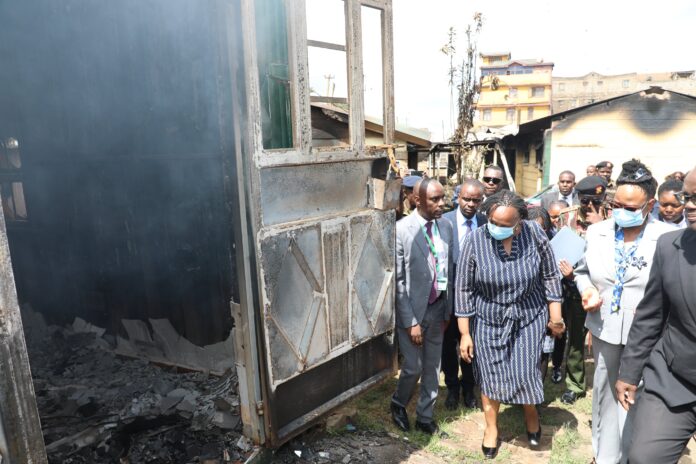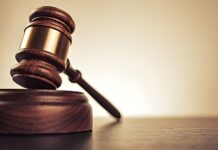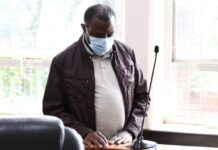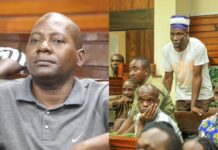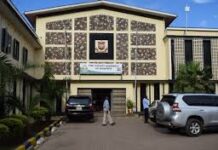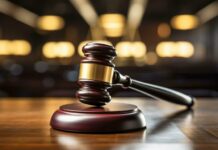Chief Justice Martha Koome has defended her June 26 statement on the destruction of the Kikuyu Law Court, clarifying that her remarks were specific to that incident and based on preliminary security briefings. The court and nearby government offices were destroyed and set ablaze on June 25.
While Koome had stated that the attackers were not local residents or peaceful protesters, but outsiders brought in with a deliberate plan, her comments have since drawn criticism from human rights organisations, legal experts, and activists. Critics accuse the Office of the Director of Public Prosecutions (ODPP) of misusing terrorism laws to stifle dissent, warning that such actions undermine democratic freedoms.
The backlash follows the ODPP’s decision to press terrorism charges against individuals arrested during the June 25 and July 7 protests. On Monday, the DPP defended the move, asserting that the charges are based on credible evidence and grounded in law—not political persecution.
“The acts under investigation—including torching courts, police stations, and attacking public officers—meet the threshold under Sections 2 and 4 of the Prevention of Terrorism Act,” the DPP said in a statement. It insisted that the charges should be viewed through the lens of national security and legal thresholds, not as attempts to suppress legitimate political expression.
The ODPP also cited CJ Koome’s June 26 remarks as part of the rationale for the charges, further fuelling criticism from civil society.
In her latest statement, Koome reaffirmed the independence of the Judiciary, ODPP, and National Police Service, as enshrined in the Constitution. She emphasized that prosecutions must be guided by evidence and law, not public opinion.
She added that justice institutions remain committed to protecting rights, upholding the rule of law, and ensuring fair trials for all.









